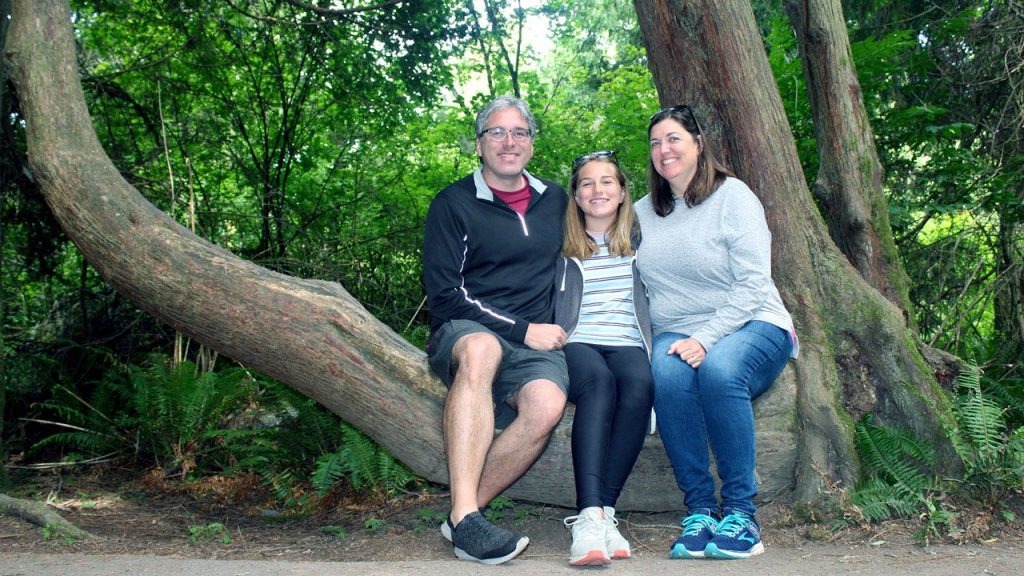The pandemic has caused a shift in how people view work, leading to an increase in the popularity of extended breaks such as mini sabbaticals or gap months. Barry Kluczyk, a public relations professional, took advantage of fully remote work to spend a month in Seattle with his family and later took another mini sabbatical in Portland, Maine. Companies are starting to offer breaks as a way to address employee exhaustion, recognizing that burnout is a significant issue that needs to be addressed. Kira Schrabram, a management and organization professor at the University of Washington, is part of the Sabbatical Project that encourages extended leaves to create a more humane relationship with work.
Roshida Dowe, who took a break after being laid off, launched ExodUS Summit with Stephanie Perry to create a community for Black women interested in extended travel. They provide resources and support for practical issues such as finances, safety, and health care, as well as more philosophical topics like the value of rest and breaking free of intergenerational trauma. Cost is a common obstacle for people considering a break, but creative solutions like housesitting or home exchanges can make extended travel more affordable.
Eric Rewitzer and Annie Galvin, owners of 3 Fish Studios in San Francisco, put two employees in charge of their gallery to spend the summer in France and Ireland. This experience changed their perspective on work-life balance, leading them to buy a home in the Sierra Nevada mountains and consider getting a studio space in San Francisco again after shutting down their gallery during the pandemic. Gregory Du Bois, who took a break to be a ski bum in Vail, Colorado, during college, continued to take mini sabbaticals throughout his corporate IT career, negotiating for extended time off each time he changed jobs.
Extended breaks are becoming more common as people seek to step out of the expected and recharge from the stresses of daily life. While American attitudes toward taking time off differ from European attitudes, the pandemic has caused more individuals to question the way they work. Companies are starting to offer breaks as a way to address employee burnout, recognizing the importance of creating a more humane relationship with work. By taking these extended breaks, individuals can find permission to explore new possibilities and ways of living, leading to personal growth and fulfillment.
Taking a break can be a life-changing experience, as seen with individuals who have embraced extended travel and sabbaticals to explore new lifestyles and recharge from the demands of work. Whether it’s through housesitting, home exchanges, or budget travel options, finding creative ways to afford extended breaks can make it possible for more people to take time off. Ultimately, taking a break can lead to a shift in perspective on work-life balance and open up new opportunities for personal growth and fulfillment.


